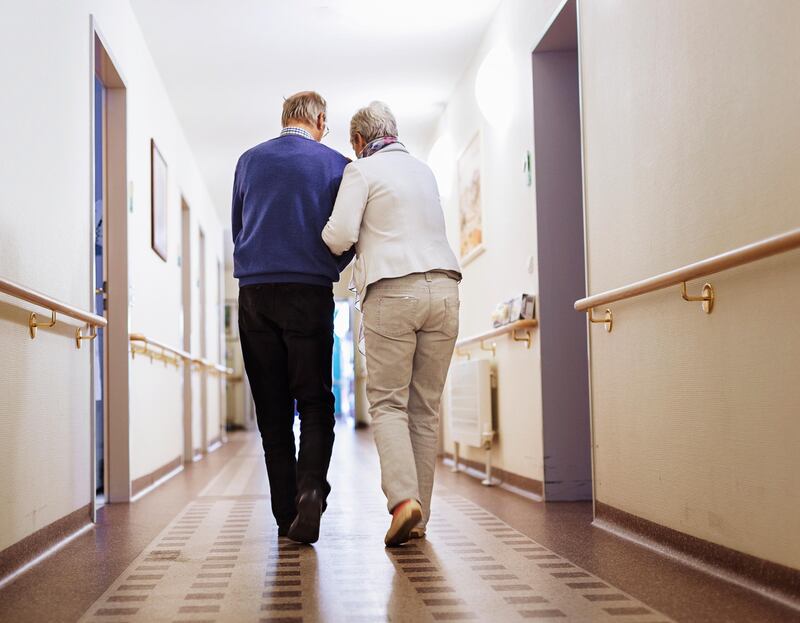The links between money and well-being have been hotly debated. Some people believe that money enhances well-being, whereas others think that the best things in life are free. The scientific literature supports both views. On the one hand, having a lot of money doesn't automatically make us happier. At the same time, money can buy us happiness if it lifts us out of poverty or if we spend it to free up our time, experience new things or help other people.
Studies show that an income change is most likely to boost happiness when it lifts us out of poverty. This is because the added income enables us to meet our basic needs, such as buying food and arranging shelter. People in better socioeconomic conditions also become happier when their financial position improves. This boost is only temporary though – it quickly dissipates when we readjust our standards to match our new income. Social psychologists refer to this as the adaptation-level phenomenon. Essentially, we get used to our new lifestyle over time. Once we do, the new standard of living no longer makes us happier.
Spending money to free up our time can also make us happier. A Harvard researcher, Ashley Whillans, and her colleagues, recently found that outsourcing tasks boosts happiness more than buying new things. Essentially, we are better off spending money to gain time, especially if we are avoiding things we dislike, such as washing dishes or going to the supermarket. The findings were replicated across all income and wealth bands in Canada, Denmark, the Netherlands and the US.
Buying things can also make us happier, but certain purchases are better than others. Many studies have found that experiential purchases are more satisfying than material ones. This means that spending money on activities – such as travelling, bowling, or going to the opera – is better for our well-being than purchasing a new pair of shoes or an electronic device.
Spending money can make us happy when we use it to help others. It feels good to know that we are helping a loved one, a charitable organisation or even a stranger. The link between altruism and happiness is robust.
All of these things give us an opportunity to connect with other people, whether it's by helping them out, doing something with them or having more time to nurture our social relationships.
We know from a large body of research that spending time with loved ones is key to happiness. The Harvard Study of Adult Development – a 75-year longitudinal study that is widely touted as the most comprehensive happiness study to date – found that a strong social network was the biggest predictor of happiness.
Remember this the next time you have some extra money to spend. You will be happier if you use it to help someone, to give yourself time to do the things you love or to spend time with the people you love.
At the same time, all of these things can be done without money. For example, small acts of kindness – such as complimenting someone, holding a door open for the person behind you or smiling at a stranger – make us (and the recipient) happy. Similarly, many wonderful experiences – including going for a walk by the beach – do not require money. Having more free time can also be accomplished by learning new time-management strategies and reaching out for support.
Dr Sarah Rasmi is a social psychologist and professor at United Arab Emirates University





